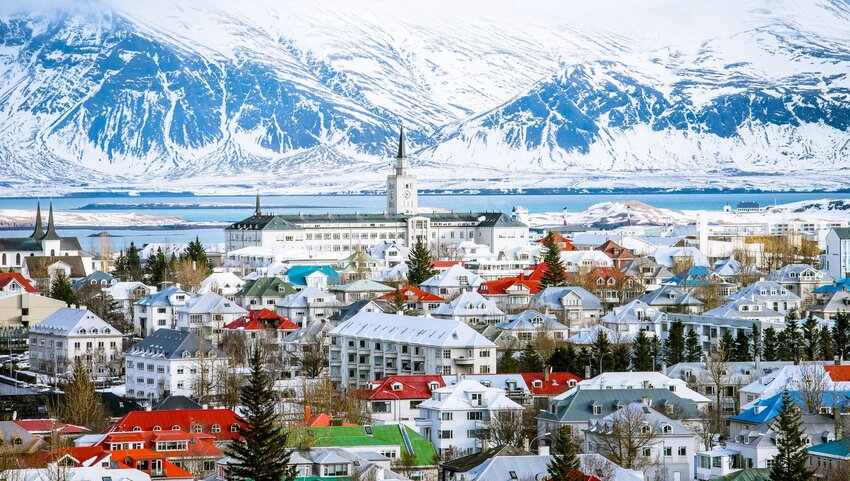Christmas Day in Iceland is usually a quiet one, spent with family at home. In many respects, therefore, the run up to Christmas is even better than the day itself. Anticipation builds as Advent progresses, manifesting itself in the form of gift buying, baking, and get togethers with friends. The festive season is characterized by certain customs, so why not embrace these delightful Icelandic Christmas traditions and adopt them yourself?
Bake laufabrauð
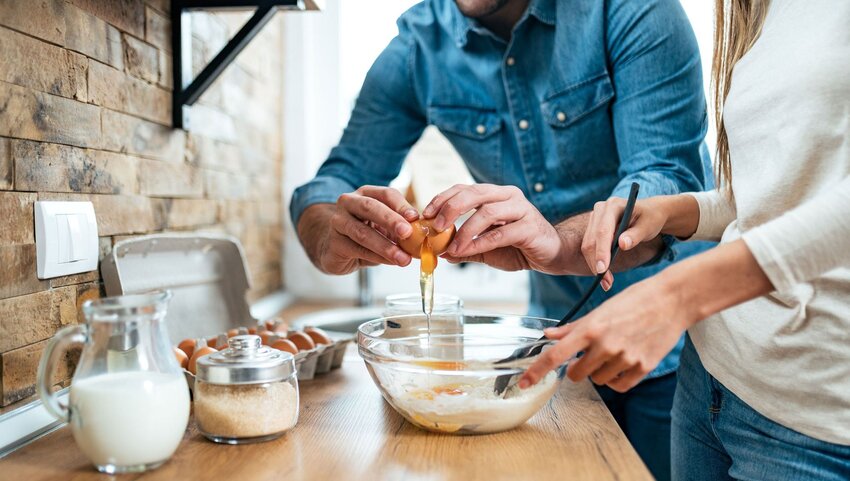
The literal translation of laufabrauð is “leaf bread” but because of its appearance, some people refer to it as “snowflake bread." Originally, it was made up in the north of Iceland, but the tradition has since spread across the country. Laufabrauð consists of wafery discs of dough – so thin you’re supposed to be able to read a newspaper through them.
Typically, family members gather in the kitchen at home and make them together. An intricate pattern is cut or pressed into the dough after it has been rolled out. It’s quite time-consuming to do properly and takes considerable practice. Once prepped, the discs are quickly fried in hot oil until golden and then flattened with a wooden board called a laufabraudshlemmur. When cool, they’re spread with a thick layer of butter and eaten.
Beware the Yule Lads
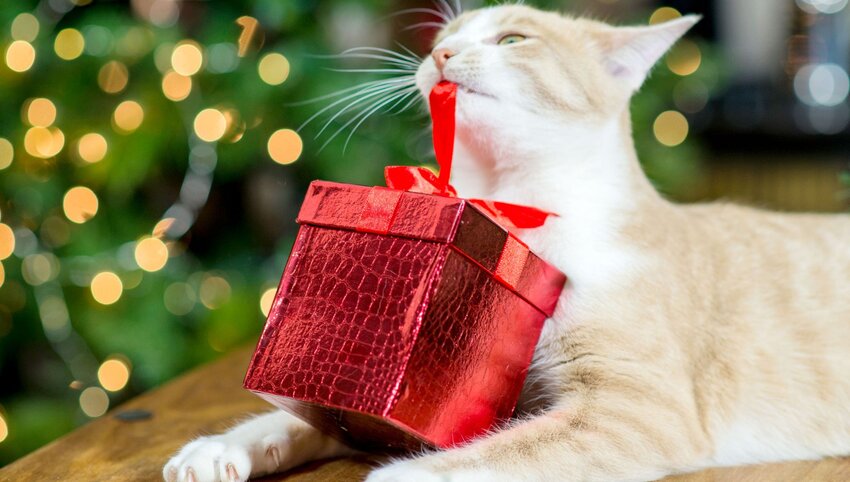
You’re likely to be familiar with the lyrics to the Christmas classic “Santa Claus is Coming to Town.” Parents everywhere will remind their children that St. Nick most certainly is going to find out who's naughty and who’s nice. In Iceland, this threat is taken to the next level, because those who haven’t behaved will be punished by the infamous Yule Lads.
Whereas there’s only one Father Christmas, there are 13 Yule Lads. These mischievous troublemakers take it in turn to come to Icelandic houses, starting on the night of December 12th. You’ll know they’ve stopped by, as they play particular pranks before they sneak out again – stealing pans, pilfering sausages, or slamming doors, for instance. If a child has been naughty, they’ll find a potato in their shoe, but if they’ve been good, they’ll receive a present instead. The Yule Cat, or Jólakötturinn, is also to be feared: some believe it preys on those who have nothing new to wear for Christmas.
Eat fermented skate on Þorláksmessa
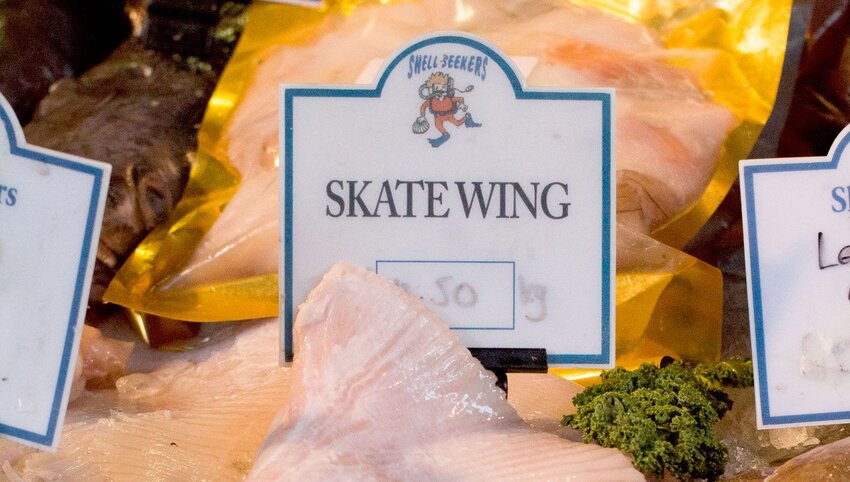
As Icelanders celebrate Christmas on December 24th, their Christmas Eve falls one day earlier on Saint Þorlákur’s Day. The day is named after the country’s patron saint, Thorlak Thorhallsson. Traditionally Icelanders eat kæst skata (fermented skate) for their dinner on this evening. The fish is usually accompanied by rye bread and potatoes, and perhaps a shot of Brennivín, a spirit akin to schnapps.
But be warned, kæst skata is exceptionally stinky, and where it’s cooked, there’ll be a pungent whiff of ammonia in the air. About a third of Icelanders still have the stomach for it but increasingly people are more likely to eat it at a restaurant rather than risk a lingering unpleasant smell in their home.
Gift a book for Jólabókaflóð
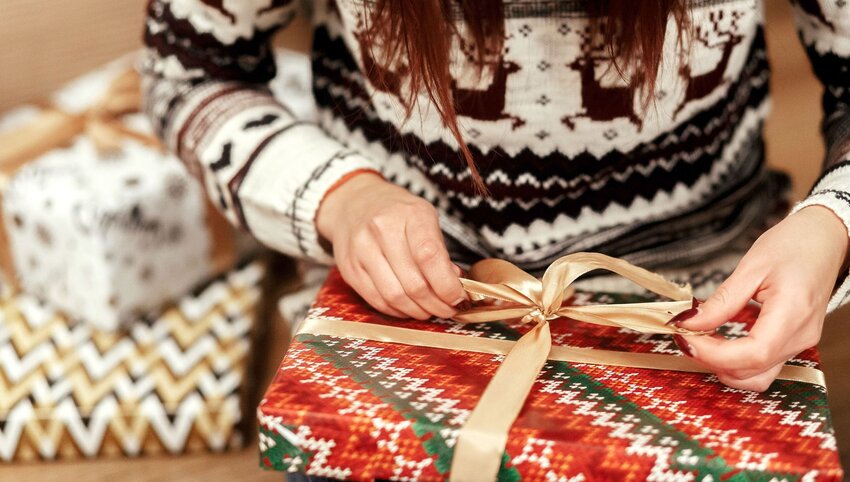
Jólabókaflóð (say it yo-la-bok-a-flot) is an Icelandic tradition that takes place each Christmas Eve, when families and friends wrap books to give each other as gifts. This delightful practice dates back to 1944. It was wartime and though many things were rationed in Iceland, paper wasn’t one of them. The population was encouraged to browse a brand new catalogue which listed all the books they could purchase.
Of course, hardbacks make great gifts and so the Bókatíðindi catalogue became an integral part of Icelandic Christmas as everyone looked to it for inspiration. Even today, the custom continues, as the nation’s publishers time their releases to take advantage of this seasonal boost to sales. Light the fire, brew a pot of coffee and spend Christmas Eve immersed in literature.
Eat smoked lamb, not turkey, for Christmas dinner
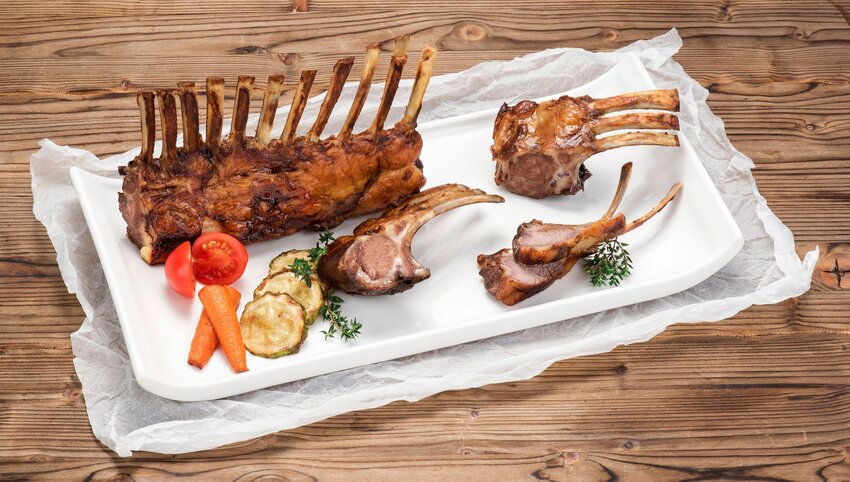
Jol has been celebrated in Iceland since pagan times, when it was a festival coinciding with the winter solstice. Today, Christmas officially begins on Aðfagadagur, which is December 24th. At 6pm, dinner is served, usually beginning with some sort of fish, perhaps salmon or marinated herrings. The feast continues with plates piled high with smoked lamb, called hangikjöt, served with red cabbage and a white potato sauce called uppstufu. Glazed ham or ptarmigan might be served instead.
Thanks to Iceland’s Danish connections – the country was a Danish dependency for a time – you’ll find a version of Riz à l'amande on the table. Following tradition, everyone digs into a bowl of this Danish-style rice pudding topped with cream until someone discovers the whole almond that’s been hidden within it. It’s considered lucky as the finder gets a present. Other popular sweet treats include eating ginger-flavoured cookies or the perennial favourite, liquorice. Afterwards, Icelanders exchange gifts and attend mass at their local church. Christmas Day and Boxing Day are typically spent relaxing at home, eating leftovers and watching movies.
Stretch Christmas out until January
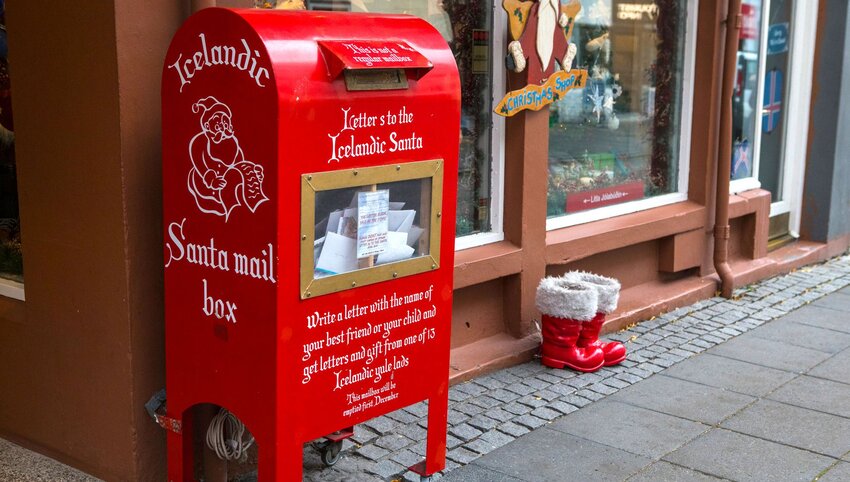
Christmas in Iceland continues into the New Year, culminating as the nation marks Þrettándinn on January 6th. It’s the end of the celebrations and the last night for building bonfires, letting off fireworks and drinking a blend of orange soda and a mildly alcoholic malt extract known to locals as jólaöl, or Christmas ale.
Þrettándinn is also one of those rare nights, so the superstitious will tell you, when cows gain the ability to speak and seals take on human form. It is also believed to be the night when elves like to move house. To have the best chance of meeting them, tradition demands that you go and sit at a crossroads. If they appear, don’t be surprised if they offer you gold, money, or the gift of second sight. Don’t be too hasty, however, as you should wait until daybreak to accept anything they give you, or else you’ll go mad as a consequence of your lack of self control.
Feature image credit: patpongs/ iStock

